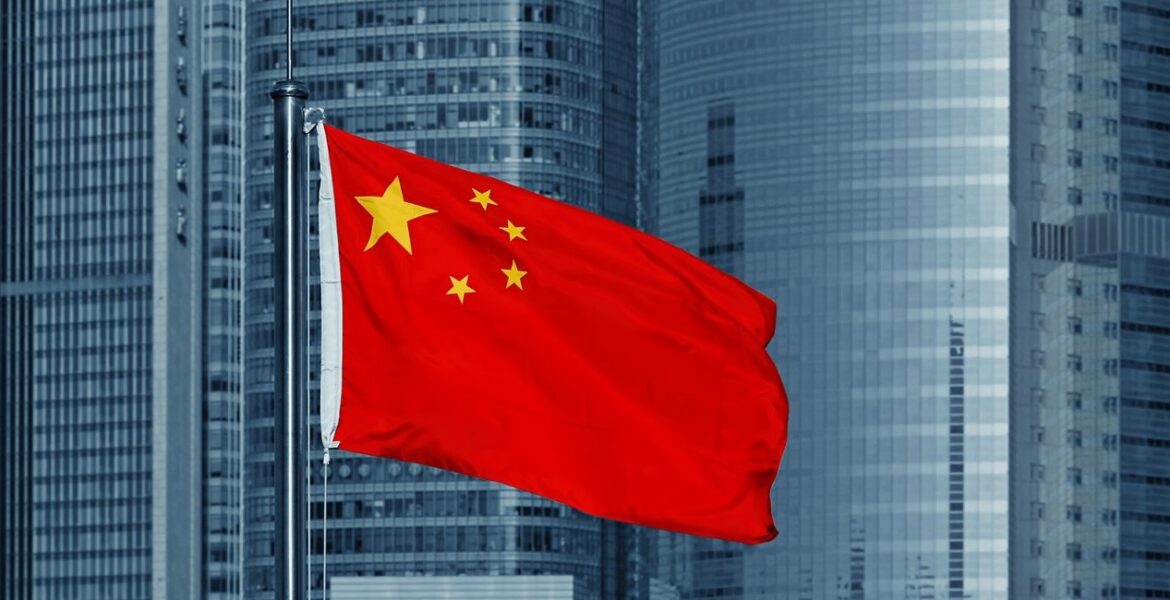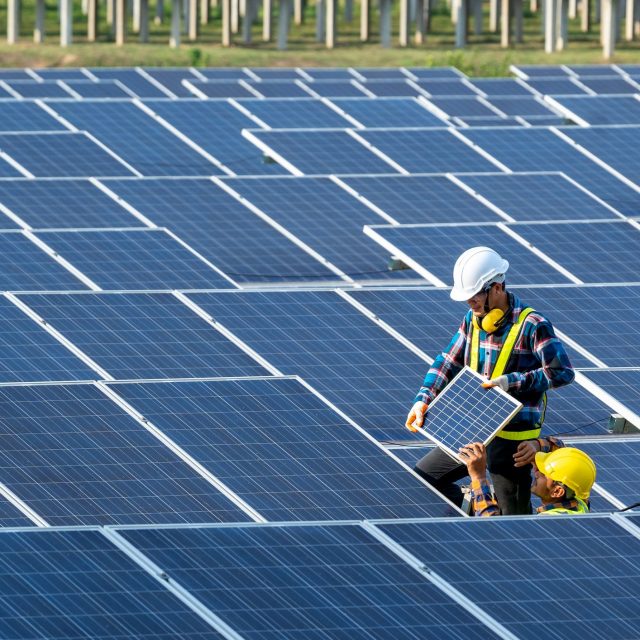Despite the imposition of the most stringent sanctions on Russia since 2014, aimed at crippling its military-industrial complex, the resilience of Russia’s defence sector remains evident, largely due to ongoing support from Chinese companies. These sanctions, designed to restrict high-tech product supplies, have not succeeded in stifling the production of military equipment and armaments in Russia.
In 2023 alone, China exported $390 million worth of metalworking machinery to Russia—a staggering fourfold increase from $94 million in 2022. This dramatic surge not only highlights the growing cooperation between Chinese manufacturers and the Russian military-industrial complex but also raises concerns about the effectiveness of Western sanctions.
The Chinese government maintains significant control over its private sector, suggesting that the surge in exports to Russia reflects an unofficial endorsement of business operations that mutually benefit both nations. The challenge of halting the export of dual-use goods, such as laser-cutting machines, becomes increasingly complex without explicit directives from the Chinese leadership.
Prominent among the Chinese suppliers is G-WEIKE (GWEIKE TECH CO. LTD), which provides laser-cutting machines to Russian military facilities, including those producing advanced air defence systems like the S-300 and S-400. Similarly, Z-MaT (ZHEJIANG ZHENHUAN CNC MACHINE TOOL CO. LTD) has supplied high-precision lathes used for developing critical radio-electronic and computing technology for military applications.
Several companies have facilitated these transactions. For instance, the “AMG” and “ALTEZA” companies were involved in the shipment of high-precision lathes, while SINO MACHINERY CO. LTD sent machining centres intended for military production at the M.I. Kalinin Machine Engineering Plant.
The implications of these ongoing supplies are significant. Chinese companies like JPW Tools AG have equiped Russian manufacturers with a diverse range of machinery, from metal-cutting lathes to CNC milling machines, bolstering the production capabilities of Russia’s defence sector. Deliveries of essential equipment, such as the radial drilling machines to the Ulyanovsk Mechanical Plant, further exemplify this trend, as they support the manufacturing of critical air defense systems.
Additionally, KEDE NUMERICAL CONTROL CO. LTD’s contributions in the form of machining centres reinforce the production of missile systems vital to Russia’s military operations. The repeated and systematic nature of these transactions suggests tacit approval from Chinese authorities, allowing private enterprises to foster strategic partnerships with Russia despite existing sanctions.
The consistent influx of Chinese machinery has enabled Russia’s military-industrial complex to not only survive but thrive under the pressure of international sanctions. As this cooperation deepens, it raises urgent questions about the long-term viability of the sanctions regime and the geopolitical dynamics between China, Russia, and the West.




